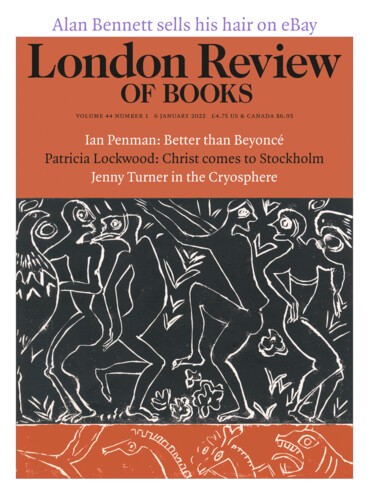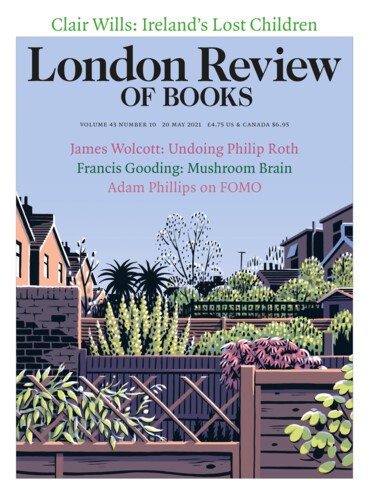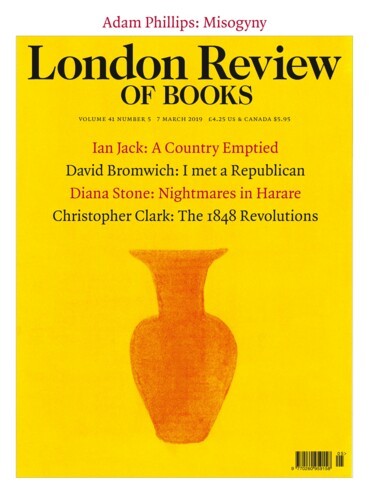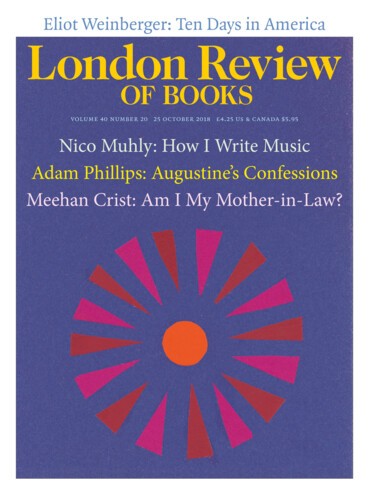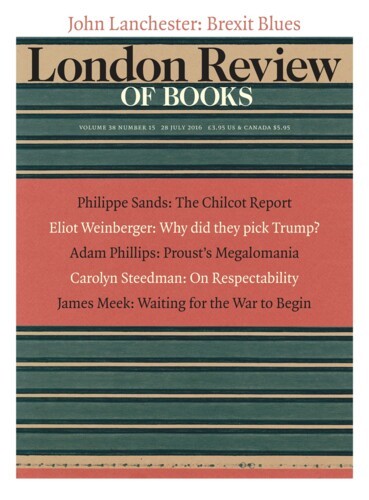On Giving Up
Adam Phillips, 6 January 2022
Our history of giving up – that is to say, our attitude towards it, our obsession with it, our disavowal of its significance – may be a clue to something we should really call our histories and not our selves. It is a clue to the beliefs, the sentences, around which we have organised ourselves. If giving up tends to be the catastrophe to be averted, what do we imagine giving up is actually like?
